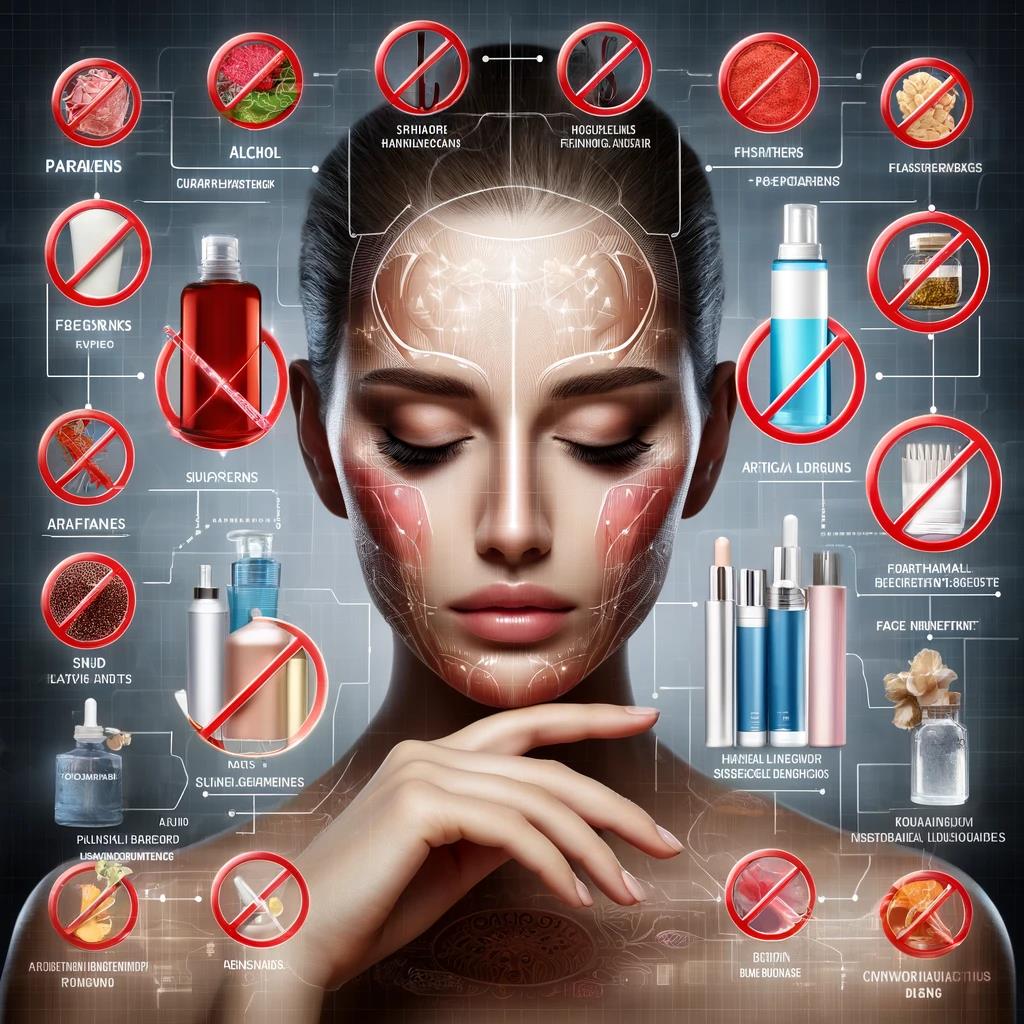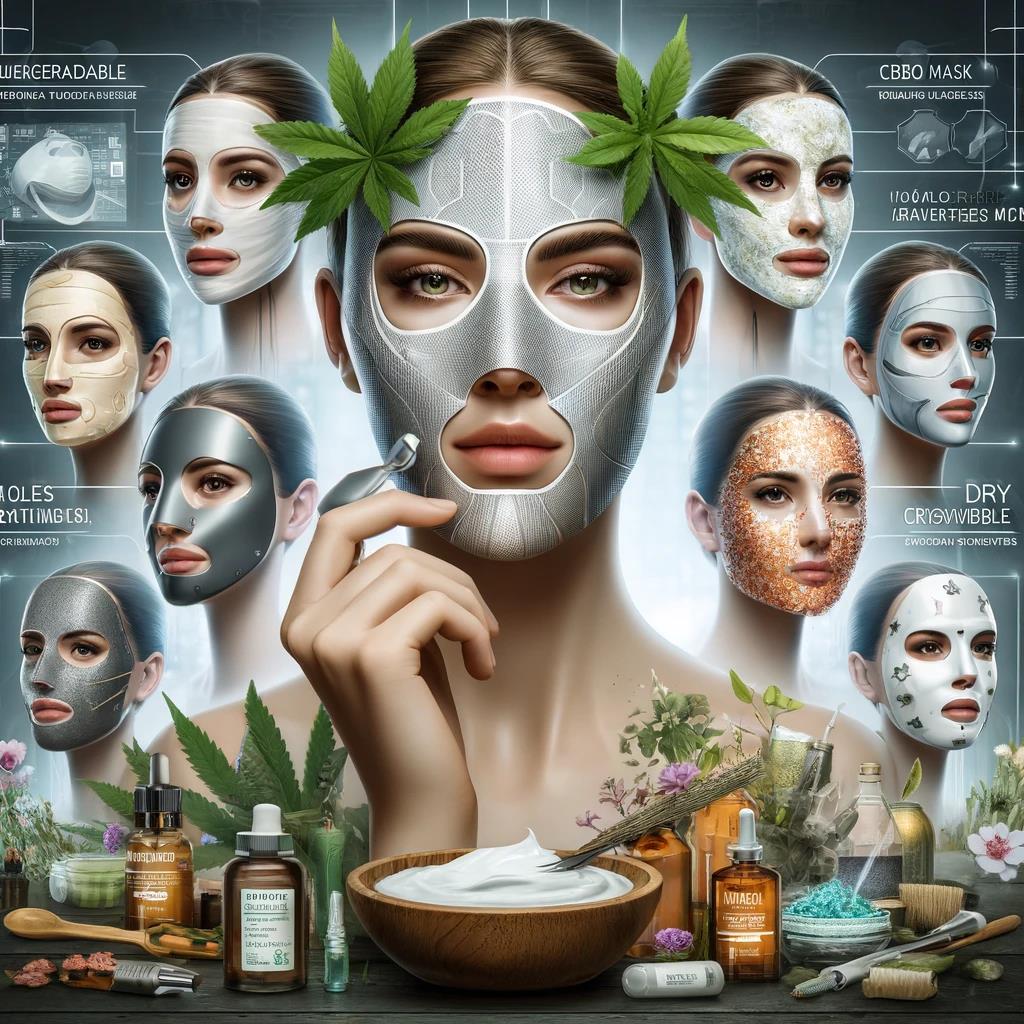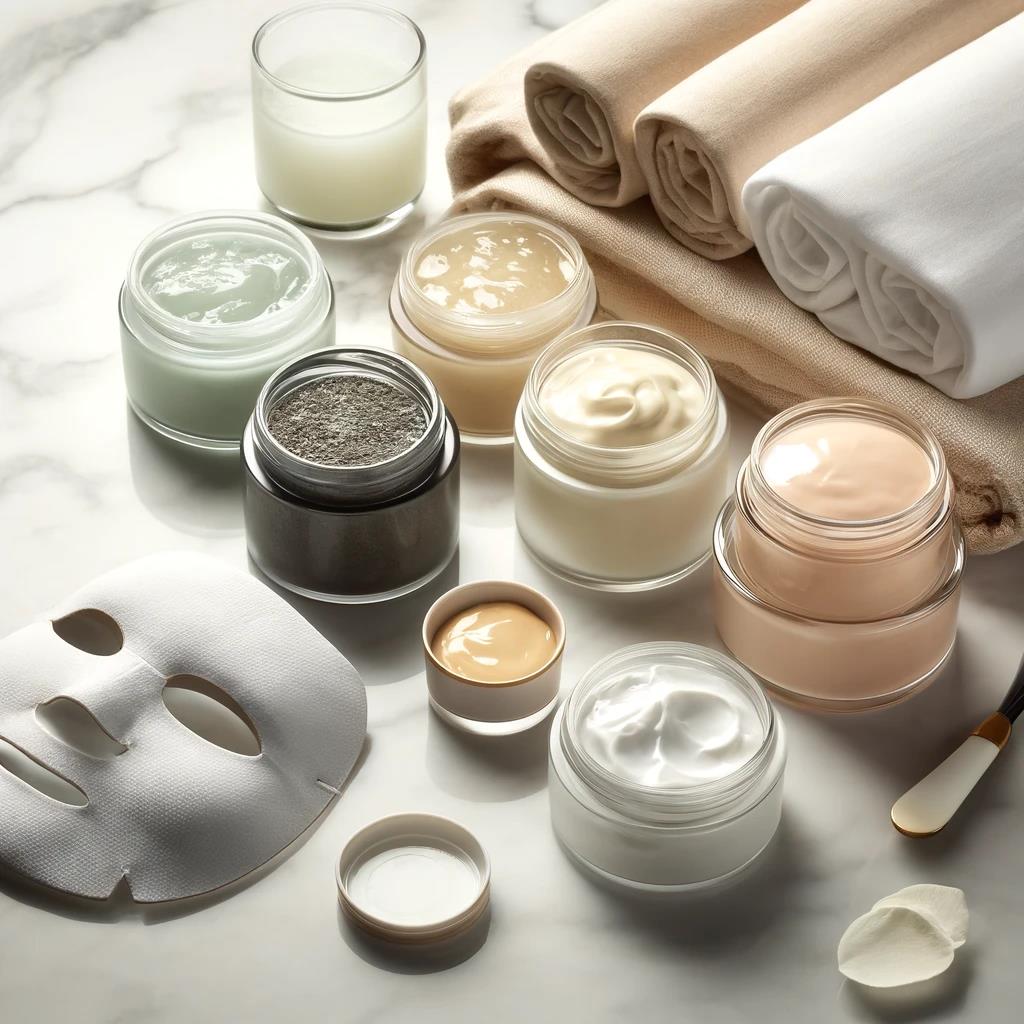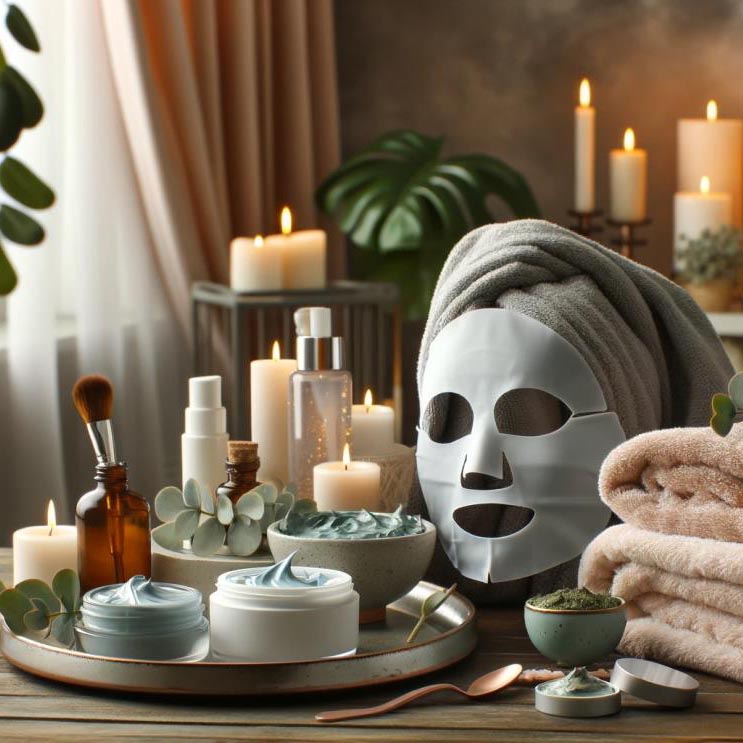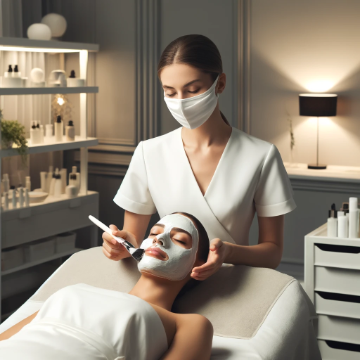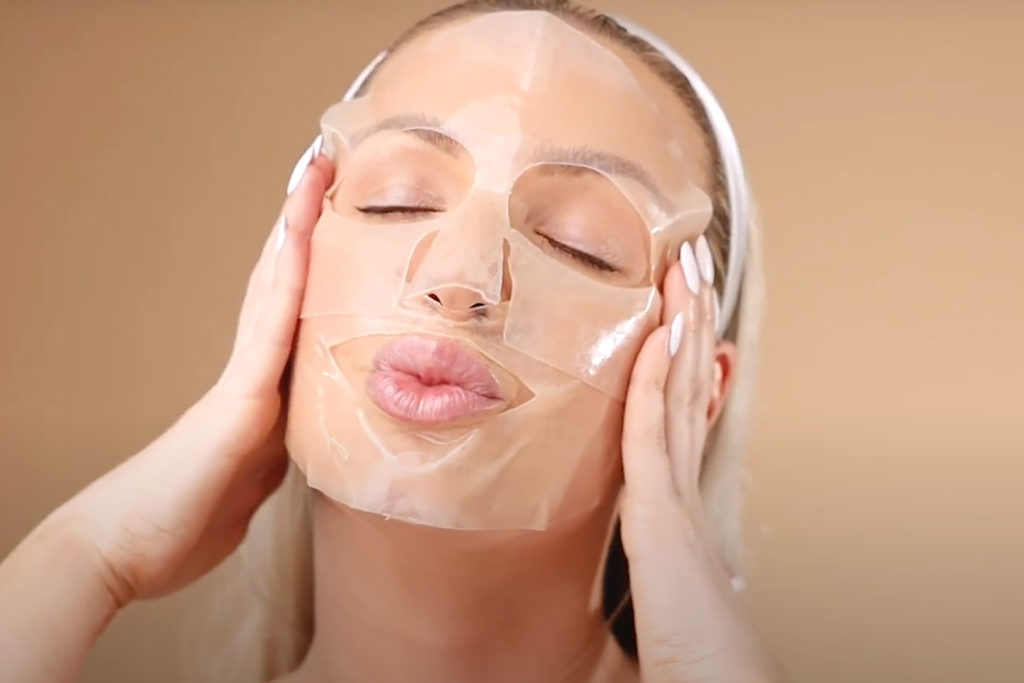TheGrowing Popularity of Korean Face Masks: What to Try First
Korean face masks have taken the beauty world by storm, and for good reason. These innovative masksare known for their high-quality ingredients and effective formulations that deliver noticeableresults.From sheet masks to sleeping masks, there’s a Korean face mask for every skin concern. If you’re new tothe world of Korean beauty or just looking to expand your skincare routine, here’s what you need to knowabout the growing popularity of Koreanface masks and which ones to try first.
Why Korean Face Masks?
Korean skincare is renowned for its emphasis on hydration, gentle exfoliation, and natural ingredients.Korean face masks are no exception, often featuring ingredients like hyaluronic acid, snail mucin, andbotanical extracts that nourish and rejuvenate the skin. These masks are also known for their innovativeformats, such as sheet masks that adhere to the skin for maximum absorption and effectiveness.
What to Try First
Sheet Masks: Sheet masks are perhaps the most iconic Korean face masks. These thin sheets are soakedin a concentrated serum and are designed to adhere to your skin, allowing the ingredients to penetratedeeply. Try a sheet mask with hyaluronic acid for intense hydration or abrightening mask with vitamin Cfor a radiant complexion.
Sleeping Masks: Sleeping masks are applied before bed and left on overnight to deeply hydrate andnourish the skin. Look for a sleeping mask with ingredients like ceramides and peptides to help repair andrejuvenate the skin while you sleep.
Clay Masks: Korean clay masks are great for deep cleansing and purifying the skin. They can help drawout impurities and excess oil, leaving your skin feeling fresh and revitalized. Try a clay mask withcharcoalfor added detoxification benefits.
Rubber Masks: Rubber masks are a fun and effective way to deliver active ingredients to the skin. Thesemasks start as a powder that you mix with water to create a rubbery texture. They help to seal in moistureand provide a cooling effect, leaving your skin feeling refreshed and revitalized.
Hydrogel Masks: Hydrogel masks are similar to sheet masks but are made from a gel-like material thatconforms to the contours of your face. These masks are great for providing a burst of hydration and areespecially beneficial for dry or dehydrated skin.
Incorporating Korean Face Masks into Your Routine
To incorporate Korean face masks into your skincare routine, start by choosing a mask that addressesyour specific skin concerns.Use the mask 1-2 times per week, following the instructions on thepackaging. After removing the mask, gently pat any remaining serum into your skin and follow up withyour regular moisturizer. With consistent use, you’ll start to see the transformative effects of Korean facemasks on your skin.


